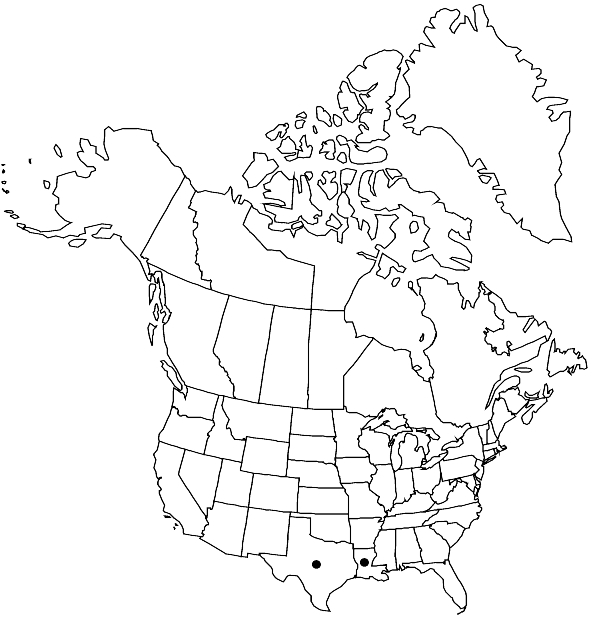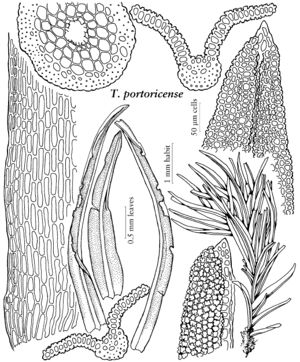Difference between revisions of "Trichostomum portoricense"
Bryologist 59: 250. 1956,.
FNA>Volume Importer |
imported>Volume Importer |
||
| (5 intermediate revisions by 2 users not shown) | |||
| Line 10: | Line 10: | ||
|name=Trichostomum molariforme | |name=Trichostomum molariforme | ||
|authority=R. H. Zander | |authority=R. H. Zander | ||
| + | |rank=species | ||
}} | }} | ||
|hierarchy=Pottiaceae;Pottiaceae subfam. Trichostomoideae;Trichostomum;Trichostomum portoricense | |hierarchy=Pottiaceae;Pottiaceae subfam. Trichostomoideae;Trichostomum;Trichostomum portoricense | ||
| Line 32: | Line 33: | ||
-->{{#Taxon: | -->{{#Taxon: | ||
name=Trichostomum portoricense | name=Trichostomum portoricense | ||
| − | |||
|authority=H. A. Crum & Steere | |authority=H. A. Crum & Steere | ||
|rank=species | |rank=species | ||
| Line 45: | Line 45: | ||
|publication year= | |publication year= | ||
|special status= | |special status= | ||
| − | |source xml=https:// | + | |source xml=https://bitbucket.org/aafc-mbb/fna-data-curation/src/2e0870ddd59836b60bcf96646a41e87ea5a5943a/coarse_grained_fna_xml/V27/V27_715.xml |
|subfamily=Pottiaceae subfam. Trichostomoideae | |subfamily=Pottiaceae subfam. Trichostomoideae | ||
|genus=Trichostomum | |genus=Trichostomum | ||
Latest revision as of 21:28, 5 November 2020
Stem rounded-pentagonal in section. Leaves flat but narrowly keeled along costa, long-ligulate, distal margins plane, entire (or tattered by fragmentation), not bordered; apex narrowly rounded, blunt, keeled; basal cells differentiated across leaf base, not running up margins, not distinctly enlarged submarginally; distal laminal cells with a massive multiplex papillae over each lumen; mucro short-conic, of ca. 3 cells. Sterile in range of the flora.
Habitat: Soil, rock, calcareous substrates
Distribution

La., Tex., Mexico, West Indies, Central America (Belize, Guatemala, Honduras).
Discussion
Trichostomum portoricense is a distinctive species with no immediate relatives in the genus. The deep, narrow groove down the adaxial surface of the leaf is reminiscent of that of species of Barbula or Anoectangium. The massive, caplike papillae are similar to those of Tuerckheimia, but the long-ligulate leaf shape of T. portoricense is diagnostic. The leaf lamina fragments easily in patches, and doubtless figures in asexual reproduction. The distribution was recently summarized by P. M. Eckel (2003).
Selected References
None.
